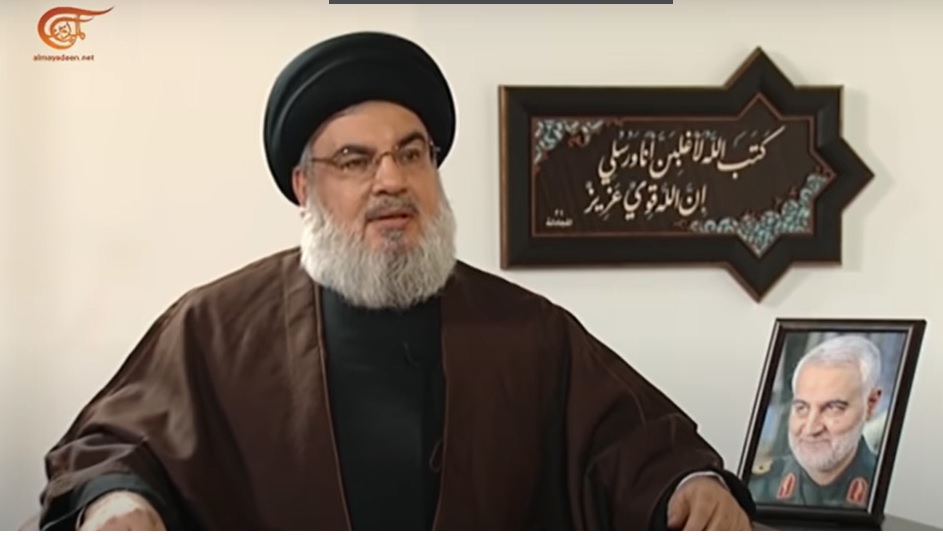Despite Lebanon’s internal divisions and its struggles to elect a new president, Hassan Nasrallah, the Secretary General of Hezbollah, fueled by Iranian support, continues to escalate provocations along the Lebanon-Israel border. His intent is to undermine the security of the Israeli Defense Forces (IDF) and diminish the standing of the Israeli government.
Lebanese officials assert that these provocations are Nasrallah’s response to Israel’s airstrikes on Hezbollah targets in Syria.
Nasrallah closely monitors Israeli media publications and takes encouragement from the internal challenges Israel is facing.
He perceives the IDF’s current state as more vulnerable than ever before, shifting from an offensive posture to a defensive one.
Acknowledging the erosion of trust between the IDF leadership and the political echelon, and the potential for the conscription law to deepen internal divisions in Israel, Nasrallah feels empowered by Hezbollah’s vast arsenal, which includes around 150,000 rockets, drones, and precision missiles.
This emboldens him to issue threats against Israel.
During a speech on August 14th, marking the 17th anniversary of the Second Lebanon War, Nasrallah responded to Defense Minister Yoav Galant’s warnings that a war with Hezbollah could devastate Lebanon: “The Israelis need to understand Lebanon’s capabilities. I tell the enemy leaders that if they wage war against Lebanon, they too will face destruction.”
The Hezbollah leader unveiled his organization’s plans to employ precision missiles against Israeli civilian and military airports, air force bases, as well as key infrastructure such as electricity and water facilities, communication centers, oil installations, and even the Dimona nuclear reactor.
“These actions would only be taken in response to an Israeli attack,” Nasrallah emphasized, while questioning the potential outcome if Israel confronted the entire “axis of resistance“: “Israel would cease to exist,” he boldly proclaimed.
Since the Second Lebanon War in 2006, Hezbollah’s weaponry has grown exponentially, presenting a looming threat over Israel.
Israeli governments, prioritizing border stability, have not taken sufficient measures to curb this escalation.
Hezbollah’s strategy seeks to exploit Israel’s vulnerabilities and gain further ground along the border.
Having previously used the maritime border as leverage, Nasrallah pledged to reclaim all disputed border points on the Israel-Lebanon border—11 in total.
While Nasrallah flirts with brinkmanship, he is willing to engage in short bouts of conflict.
However, he shies away from a full-scale war. Despite his audacious rhetoric and threats, Nasrallah acknowledges that engaging Israel in such a war would exact a heavy toll on Lebanon.
This pattern of escalation along the Lebanon-Israel border echoes Iran’s strategy, resembling the “Marches of Return” adopted by Gaza Strip-based terrorist organizations between 2018 and 2021.
Iran provides unwavering support to Hezbollah’s strategy, recognizing Israel’s continued strength despite internal challenges.
Nasrallah derides Israel’s internal crisis while Lebanon’s political turmoil and dire economic conditions are far more severe.
This prompts Hezbollah to flex its muscles against Israel, bolstering its position within Lebanon to secure greater control.
In light of this, Israel should consider transitioning from a policy of containment to one of active defense along the Lebanon border to counter Hezbollah’s provocations.




